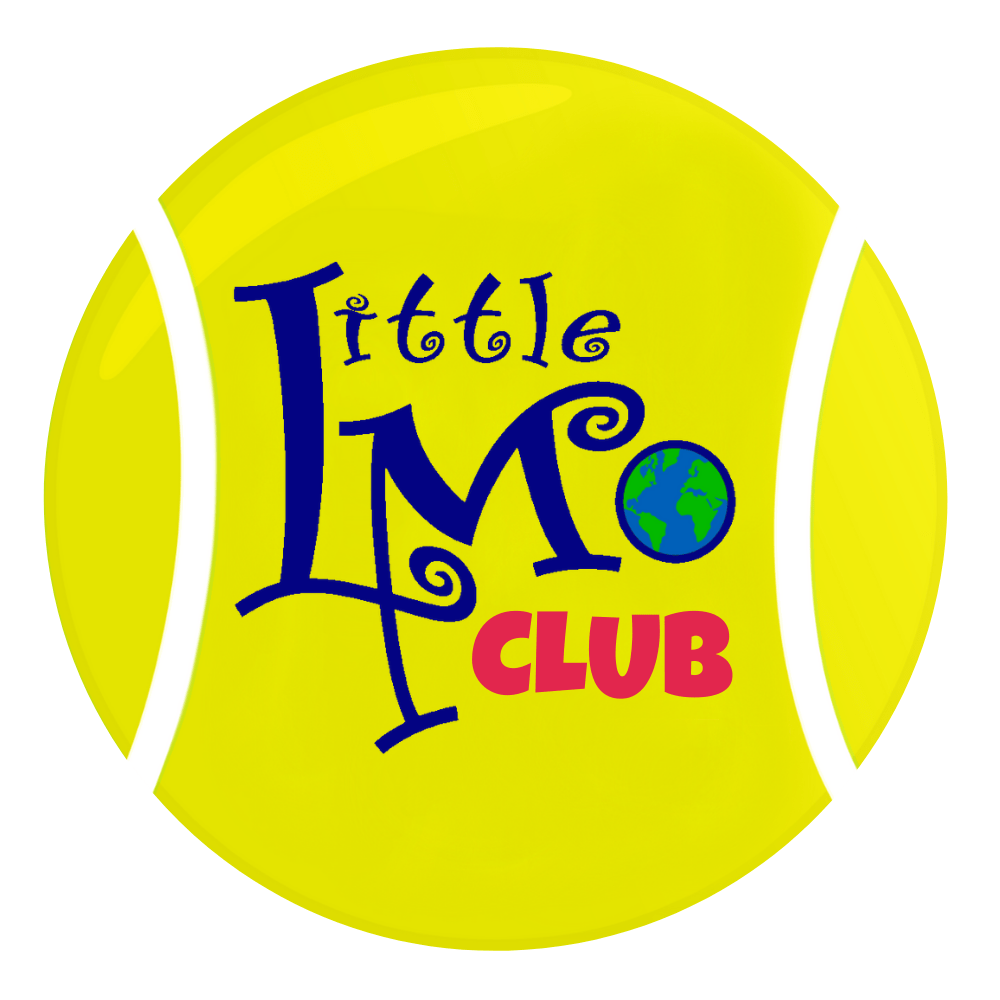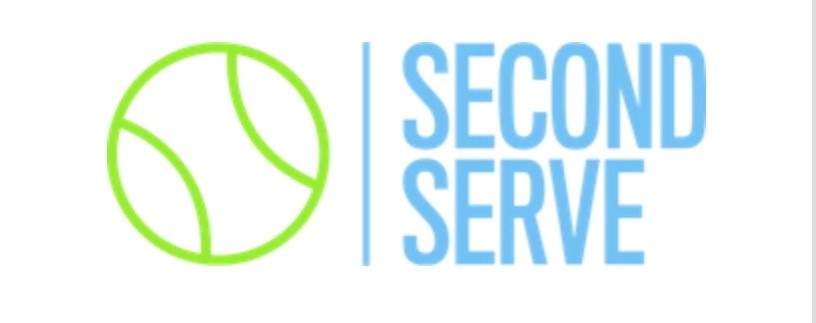Improving the Mental Strength of Young Tennis Players

Up Next
 3 More Days!
3 More Days!
Today’s Guest Post is from Aleks Szymanski (bio below). Enjoy!
Tennis is a sport that requires enormous skills and both physical and mental strength. While there is a great deal of emphasis on helping players perform to the best of their physical ability, to compete at the highest levels, players of all ages must seek to be mentally tough and improve the mental side of their game. Indeed becoming mentally tough, means learning to be able to control your emotions at crucial moments during a match. Below are a few examples that highlight the importance of mental strength.
Improving concentration
Concentration is often a weakness of younger players who are in a modern ‘switched on’ world full of distractions. Maintaining adequate levels of focus throughout an entire tennis match is mentally draining and a hard task for players of all ages and abilities.
Tennis is best performed when players are in the moment, playing point-by-point. But knowing when and how to concentrate and when it is acceptable to allow your mind to relax needs guidance and practice. Tennis has a rhythm and a flow. The best players utilize peaceful moments to rest and re-group before re-focusing to play.
In tennis, routines (or rituals) are the bedrock of maintaining concentration. They provide comfort and reassurance between individual points and games to level emotions and regain focus.
External distractions, like parents watching from the sidelines, can so easily cause players to lose concentration and negatively affect emotions which can easily result in losing a point or the match. While the occasional positive affirmation can be helpful, parents should restrict ‘encouragement’ to simple, positive language only. Coping with external distractions, such as a crowd or other matches taking place on the nearby court, is something that players can learn through mental techniques and match experience.
Setting realistic expectations
Unrealistic expectations for junior players can add extra layers of pressure to a match. Younger players will often feel like they are letting down their coaches or parents if they lose a game or miss simple shots. This usually stems from an unnecessary level of internal or external pressure. Tennis is a game of errors. It is impossible for anyone to play the perfect match. Even a player like Novak Djokovic, at the height of his dominance, won 54% of the points and lost 46% of the points he played. The earlier junior players (and their supporters) realize this, the sooner they can let go of unrealistic expectations and improve their mental strength.
Additionally, if a player goes into a match expecting to win, or believing they are better than their opponent, it can add further pressure. While self-confidence is valuable when competing, being overconfident can severely impact performance.
Learning to cope with losing
Teaching young players to deal with suffering a loss is the key to improving their mental game. You may consider that, in an ideal world, your junior will never lose a match, but frankly that is impossible. Even the best players lose games. Learning how to bounce back from defeat and after a ‘failure’, is a good test of an athlete’s character and mental strength.
Losses should always be used as learning tools to help players improve for future matches. As Dennis Ralston says “if you don’t learn anything losing a match, it is a waste of time”. With juniors especially, coaches should wait until the initial disappointment of defeat has passed, then help them look back at the match to use positive reinforcement to highlight what they did well and identify areas for improvement.
Prioritize fun and enjoyment
Learning mental toughness is vital for young players who are looking to progress and want to compete at the highest level. More importantly, at a young age, it is crucial to ensure that players are having fun and enjoying their time playing.
If junior players, and especially teenagers, stop having ‘fun’ and enjoying competing they will quickly stop playing tennis altogether. Each player will have a different reason for why they enjoy tennis, for some, it will be the competition, others like to progress and develop skills, while many enjoy the social aspect of being part of a club or team.
Ultimately, if a junior player isn’t enjoying their time on the tennis court, for too long a period, they are going to struggle to progress. By taking time to understand critical motivations, parents and coaches can tailor a training and competition schedule to make it as enjoyable as possible.
Training the mental skills for tennis in a structured way can often be downplayed when teaching younger players. However, the earlier that a player accepts and understands the importance of mental toughness, the more likely they are to progress. Alongside developing their physical skills and ability, promoting mental strength in juniors players is a critically important component and must be included in any training plan.
Author Bio –
Aleks Szymanski, Co-Founder of tennisletics and Certified Mental Coach™
Co-founder of Tennisletics and tennis fanatic. Started work life as a military and search and rescue helicopter pilot. Spent the past two decades founding and nurturing fast-growing technology businesses across the globe. Competed at high-level squash, judo, and rugby.













Comments are currently disabled for this post